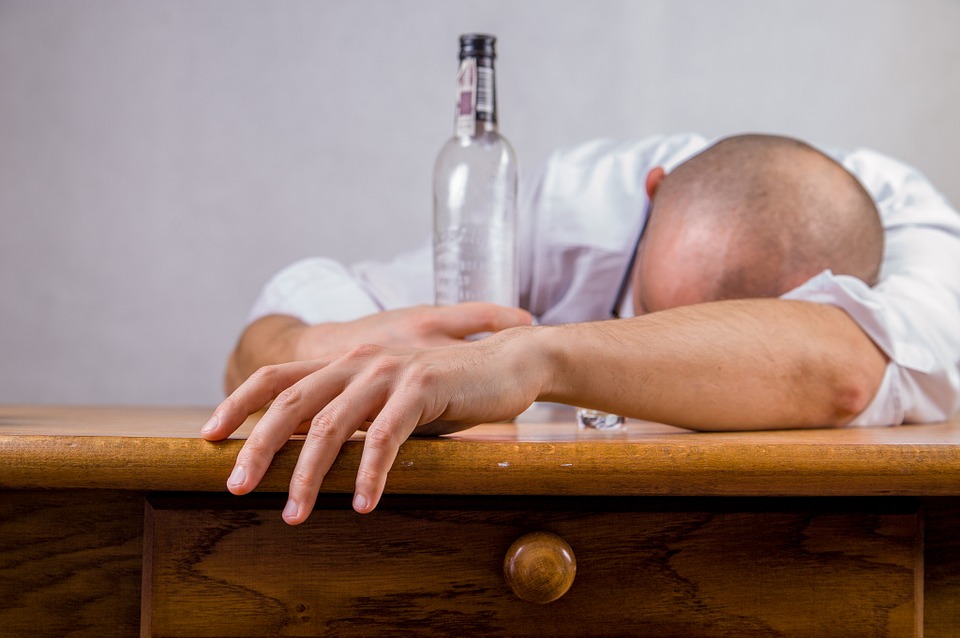September is Recovery Month, a period dedicated to the increased awareness and understanding of substance abuse disorders and the celebration of those who have recovered from them. The observance promotes the societal benefits of prevention, treatment, and recovery from substance abuse.
People who are seeking help to fight substance abuse may be confused by the conflicting information about treatment programs. Some companies promote quick fixes. Others tout treatments that are untested. It can be difficult to figure out which therapies will truly be effective.
Alcohol Addiction
People addicted to alcohol can get the best possible treatment by going to an inpatient care facility. Inpatient facilities offer help around the clock with a focus on managing the addiction without temptations or distractions. Staying in an inpatient facility frees people from the problems of daily living that may trigger a return to alcohol. The possibility of relapse is minimized because there is no alcohol available in the facility. A person follows a set of guidelines that encourages personal growth while in the inpatient care facility.
Drug Addiction
The treatment of drug addiction follows the same overarching principles that apply to alcohol abuse. Since every person’s individual addiction history is unique, remediation must be customized to ensure the greatest chance of recovery. Treatment of drug addiction differs based on the substance being abused and varying priorities for detox, therapy, and post-treatment care.
Drug addiction recovery includes intervention, detoxification, outpatient programs, partial hospitalization programs, residential treatment, therapy and counseling, and outpatient services.
Detoxification is an essential part of the recovery process. It cleanses the body of harmful substances, which include drugs or alcohol. Different detox products may be used in the process, including total body cleansing aids. For rapid results, people should search out the best one-hour detox products available.
